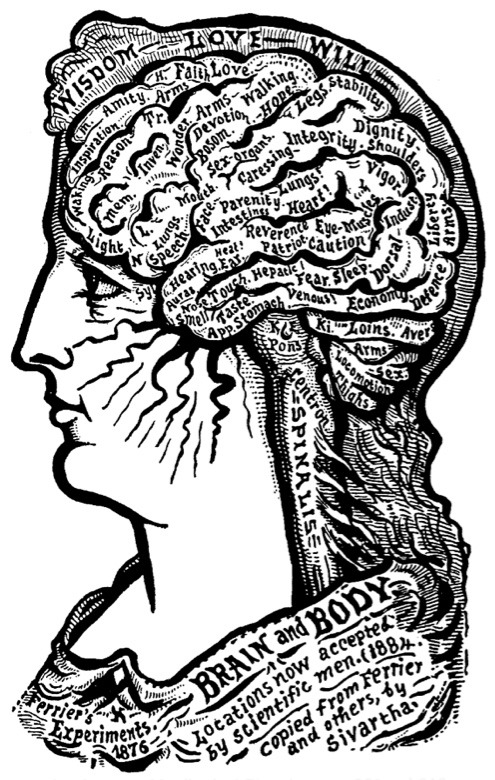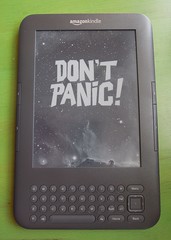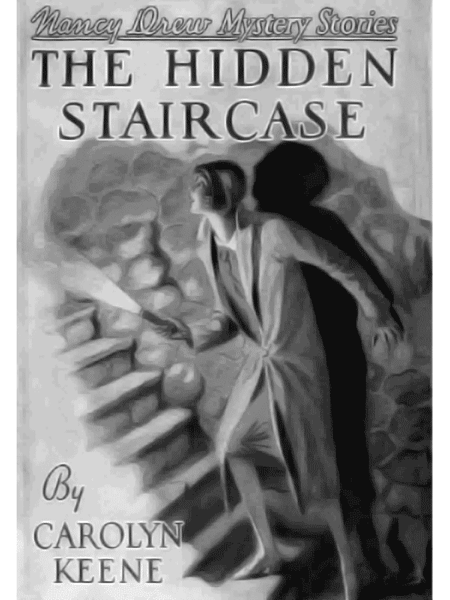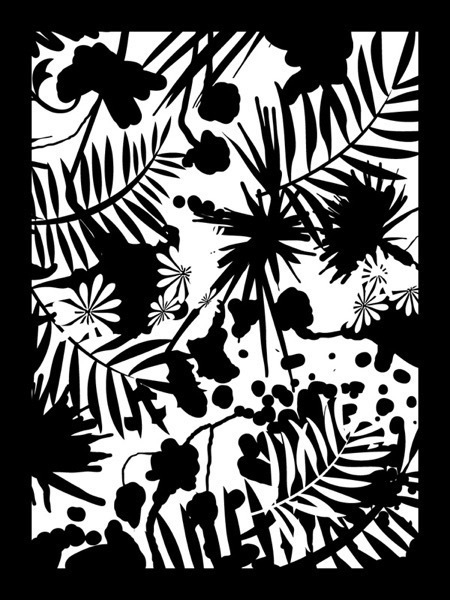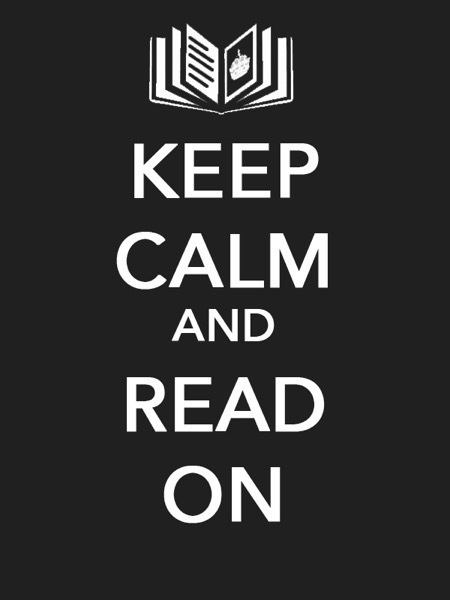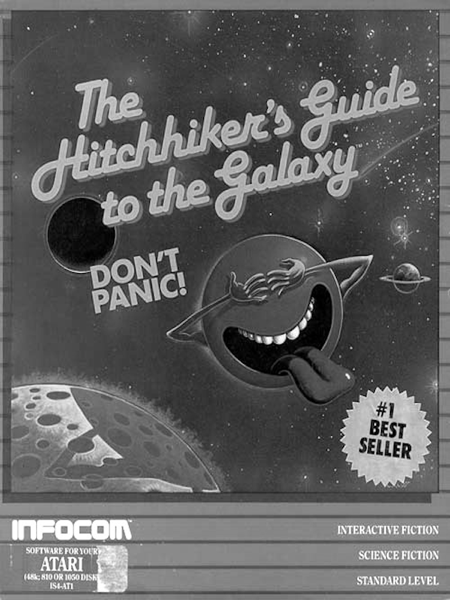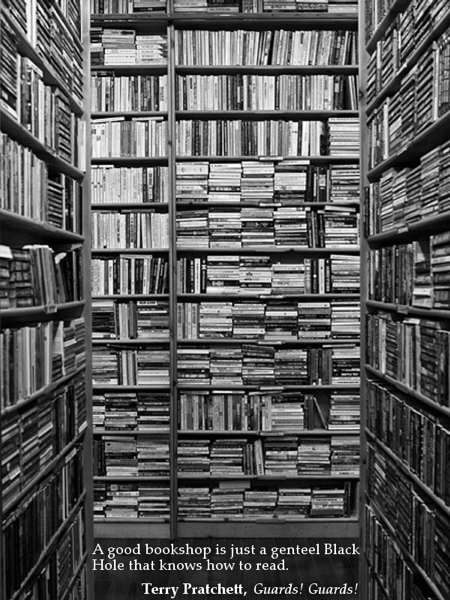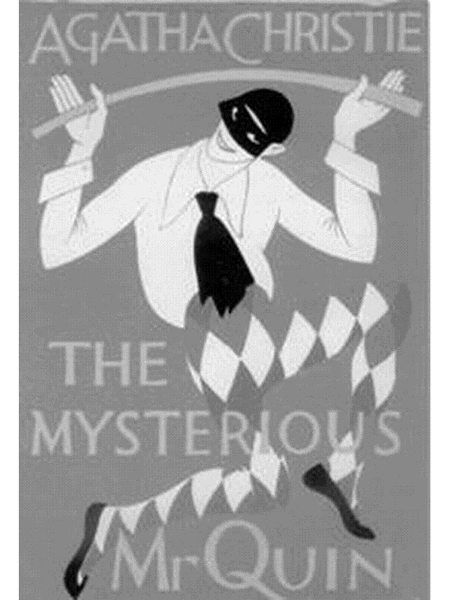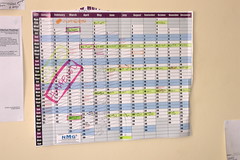Moffat, Davies, and the New Who
Ross Ruediger had a rather sour take on season 6 of Doctor Who. He had problems with Matt Smith's puppydog energy and showrunner Steven Moffat's "celebration of the clever" in dialogue and plotting the season-long story arc, which culminated in the solution to the mysteries of how the Doctor "died" and his connection to River Song.
It's a matter of taste. I believe Moffat when he says that kids have no trouble following the plot complications and it's the fans and critics who complain the most. I certainly enjoyed the cleverness of how (most) everything in seasons 5 and 6 clicked together; I like trying to outguess a master storyteller like The Moff. And I don't think the arc worked against the show's episodic nature, although I could argue that this is a Doctor Who for the modern age of TV, and season arcs, DVD collections, and being a flagship moneymaker for the BBC necessitate all sorts of choices that couldn't have been imagined during the Classic Series' run.
I like Moffat's and Matt Smith's conception of the Doctor as a man who doesn't ruminate and smolder over the past; there's a colder, more cerebral, more dangerous edge to this Doctor than I've seen in the previous two incarnations. The choice he forces on Rory in "The Girl Who Waited" is a prime example of this
I agree with Ross that Smith is probably a better dramatic actor for this part than Tennant, but the modern Doctor is now an amalgam of producer and actor, more so than it ever was in the classic series. And, Moffat is giving Smith stuff to play with that Tennant never had. Moffat is clever and a little shifty, therefore so is the Doctor (and Sherlock!). And Smith adds his own dollop of secret sauce to the recipe; I always have the feeling that, in most every scene, Smith's Doctor is holding back some information he's telling no one else, and this knowledge informs the actor's choices of glance and gesture. I daresay this is information that is never vouchsafed to the viewer.
Given that the Doctor is a time traveler, it's inevitable that he will know more than the people around him, and so he has to guard against spoilers; therefore, he can't really tell his companions all he knows. But also, as he hinted at in "Amy's Choice", he has a lot of darkness to contend with in his personal history. Being openly emotional might unravel his rather tightly wound demeanor. Without the distractions of monsters and dashing here and there and fixing the TARDIS, he would have to contend with his past. Maybe even forgive himself. Better, perhaps, to live in an eternal now -- of Daleks, Amy and Rory's marriage, life-threatening dangers, seductive puzzles -- and not raise ghosts.
Ross pointed out a qualitative difference between Moffat's cleverness and Davies' naked emotion. For me, the emotion in Moffat's work is more powerful dramatically because the characters are so restrained so much of the time. The Doctor's tears at the end of "The Doctor's Wife" and the utter joy at Amy and Rory's wedding party are proof of that for me.
But I will allow that nothing in Seasons 5 and 6 have come close to the feelings of sadness and loss as did "Dalek" or "Family of Blood" or "Midnight" or "Turn Left." Those moments were, I think, given some extra polish and handcrafting by Davies because those were the kinds of moments that moved him; Moffat would have emphasized different moments, different beats, different colors. That's simply how writers are. Doctor Who is neither Davies nor Moffat; it's both of them, and everything that came before them. And the mythos is greater because it can contain them all, from the mugging of Tom Baker to the gravity of Christopher Eccleston.
What I like particularly about Moffat's stories, beyond the whipsmart dialogue and whiplashing plot twists (and even if it were only those things, I'd still love them), is something I never perceived in Davies' work: the surreality of Moffat's imagery. The child in the gas mask, the astronaut in the lake, the Weeping Angels, the mad version of London at the start of "The Wedding of River Song": these are arresting images and TV thrives on arresting images. They're attention-getting and get people talking. And they don't lose their potency on successive viewings. The Season 7 opener contained one surreal sequence in particular that knocked me backwards; it was the kind of experience I'd never have had in a Davies story.
I had intended this to be a review of the first episode of the new Season 7, with a brief digression about Ross's review. But as usual, my words got away from me. Tomorrow: my stray thoughts on "Asylum of the Daleks."

